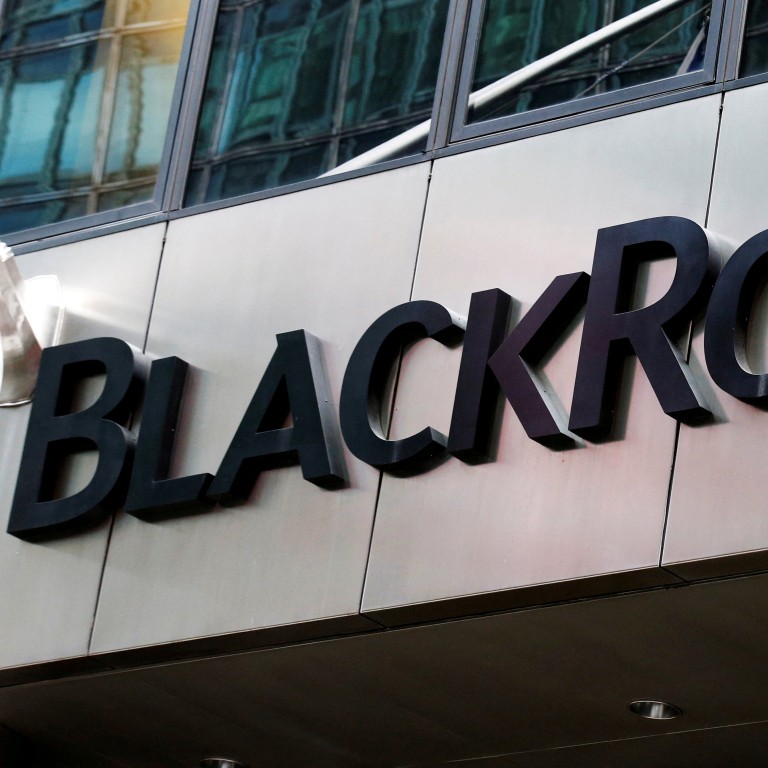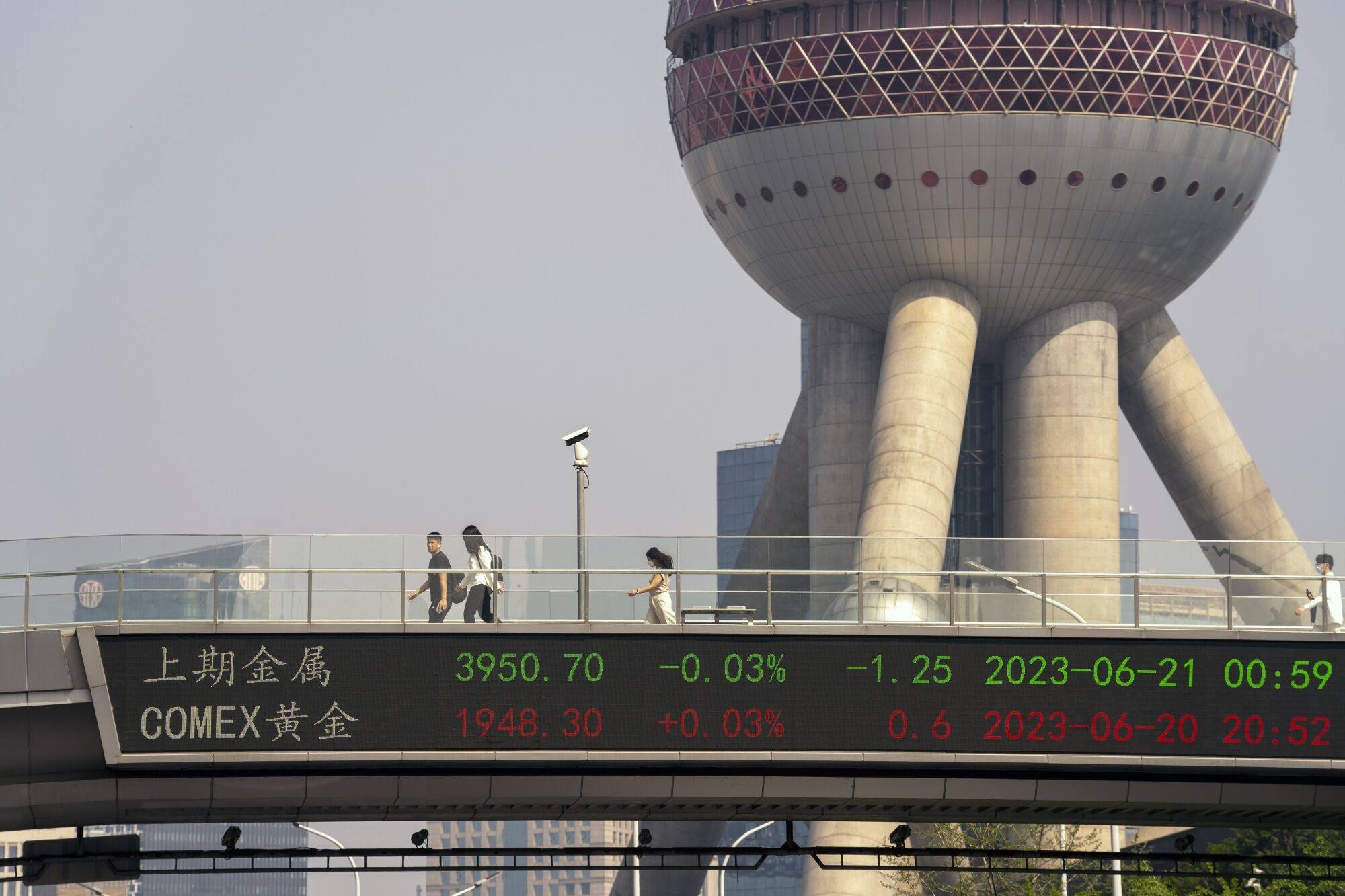
Fund management titans BlackRock and Invesco back Chinese stocks even as Citigroup and UBS make bearish calls
- Chinese stock valuations are attractive and policy support measures could be forthcoming in the second half of the year, according to a BlackRock strategist
- Infrastructure investments and larger issuance quotas for special local-government bonds could prop up growth, says Invesco strategist
Two major US fund managers have reiterated their positive views on Chinese stocks despite this year’s weak performance and are betting on policy support to underpin a strong second half, even as major investment banks slash their targets for key equity benchmarks.
BlackRock, the world’s biggest asset manager overseeing US$8.6 trillion, has an overweight position on China and other emerging markets, citing attractive valuations and policy support expectations. Meanwhile, US money manager Invesco, which has US$1.5 trillion in assets under management, expects government infrastructure spending to drive outperformance by Chinese stocks in the second half of the year.
The upbeat calls by the two prominent money managers may instil some confidence in China’s stock markets, which have been regional laggards in the year to date. Chinese stocks and the yuan currency have been pressured by weak economic data and their underperformance reflects investor frustration over the lack of any meaningful steps to support growth in the world’s second largest economy.
“Valuation is attractive in China,” said Ben Powell, chief investment strategist for the Asia-Pacific region at BlackRock Investment Institute, at a briefing in Hong Kong on Thursday. “Over the next several weeks, you may see more evidence of policy loosening, as we head into the key Politburo meeting towards the end of July.”

The CSI 300 Index of onshore stocks is valued at 11.9 times estimated earnings this year, compared with the past decade’s average of 13.4 times, according to Bloomberg data. The gauge has lost about 1 per cent so far this year after the reopening trade, spurred by the removal of the zero-Covid policy, lost steam.
China stock bulls wait for year-end bounce as economy, stimulus disappoint
In contrast, Japan’s Nikkei 225 has advanced 27 per cent making it the best performer in the region amid valuation re-rating due to improvements in corporate governance. South Korea’s Kospi and Taiwan’s Taiex have both advanced by over a fifth, thanks to the end of a downcycle in the semiconductor industry.
But policymakers are seen moving to staunch the economic bleeding. Infrastructure investment will be the main policy tool Beijing will deploy in coming months to prop up growth, said David Chao, a Hong Kong-based strategist at Invesco, at a conference call on Thursday. To achieve that, issuance quotas for special local-government bonds could be increased or special treasury bonds could be sold to widen funding access, he said. Other possible fiscal measures would include additional subsidies on electric-vehicle purchases and tax breaks on high-end manufacturing investments.
“We have a more sanguine view on Chinese equities in the second half this year,” said Chao. “Monetary policies will continue to be loosened and there’s going to be additional fiscal measures. The backdrop would be quite favourable for Chinese equities to outperform in the second half this year.”
Still, both BlackRock and Invesco say that China would not resort to massive stimulus measures or loosen restrictions on the property market significantly, as top officials want to avoid re-leveraging the economy for short-term growth objectives and instead are keen on sustainable and high-quality growth.
“Infrastructure is where investors should focus in terms of market catalysts for Chinese equities,” said Chao. “Infrastructure stimulus is where we expect any kind of meaningful boost either to economic growth or to the market this year.”
BlackRock prefers sectors like healthcare and insurance, where long-term structural growth stories are unfolding, and they are also betting on big players in the tech industry as they could benefit from the economic reopening.
“If we do get some kind of shift in policy or targeted provisions, I think that will obviously speed up the move back into Chinese equities,” said Thomas Taw, head of iShares investment strategy for Asia-Pacific at BlackRock.


